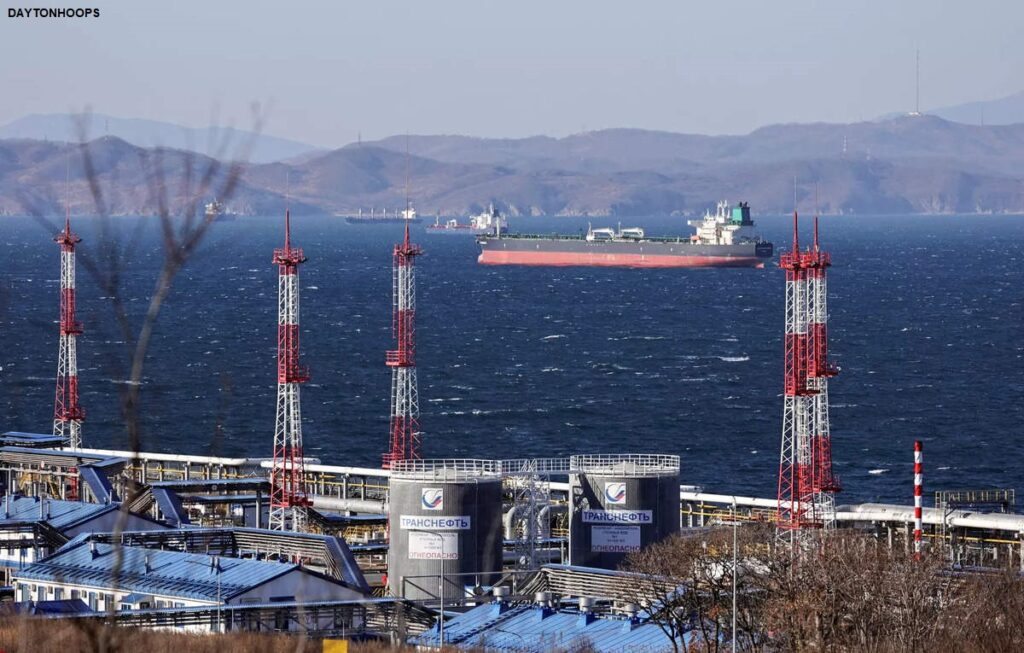One of Turkey’s medium-sized Mediterranean oil painting outstations, the Dortyol outstation, will no longer accept Russian significance after entering record volumes last time amid increased warrant pressure from the United States.
Turkey has become one of the biggest importers of Russian oil and fuel since 2022 after the West imposed sanctions against Moscow for its invasion of Ukraine. Russia responded by rerouting oil from Europe and the US to Asia, Turkey, and Africa.
Global Terminal Services (GTS), which operates a terminal in Turkey’s southeastern Hatay province, said it had told its customers it would not accept any goods from Russia.
“GTS has decided to ramify all possible ties with Russian oil painting and consequently told its guests at the end of February 2024 that indeed if there are no violations of any laws, regulations or sanctions, it will not accept any products of Russian origin or any products that loaded from Russian ports as an additional measure to the current sanctions rules,” GTS told Reuters.
It said all previous transactions were carried out in full compliance with sanctions, including G7 price caps.
“GTS’s new approach is an additional measure to address the effects of activities beyond its reach and control, despite efforts to comply with all applicable sanctions,” GTS added.
The US threat to impose sanctions on financial firms doing business with Russia has already chilled Turkish-Russian trade, disrupting or slowing some payments for both imported oil and Turkish exports.
The GTS terminal, which imports, exports, and stores fuel and oil, received 11.74 million barrels of Russian crude oil and fuel last year, according to analyst firm Kpler.
It became Turkey’s seventh-largest import terminal by volume, rising from 10th place in 2021. Its imports of Russian crude oil and fuel in 2023 were about seven times greater than the total from all sources in 2021, the last full year before Russia invaded Ukraine.
Exports from the terminal also jumped in 2023, nearly quintupling from 2021 to about 24.7 million barrels, according to Kpler.
According to Kpler, the last tanker to discharge at Dortyol arrived on February 19, delivering 511,000 barrels of diesel weight from the Russian Baltic harborage of Primorsk.
GTS said it would still accept Russian shipments that were declared before the ban in late February.
Common destinations for oil exported from Dorthol included the Greek ports of Corinth, Elefsis, and Thessaloniki, as well as the North West European oil trading, refining, and storage centers of Rotterdam and Antwerp.
Ankara opposes Western warrants against Moscow despite censuring Russia’s irruption of Ukraine two times agone. Throughout the division, it managed to keep up close draws with both Moscow and Kyiv.

